The pandemic, which resulted in a global work-from-home experiment, has accelerated the changes we were already seeing in the development of the workplace.
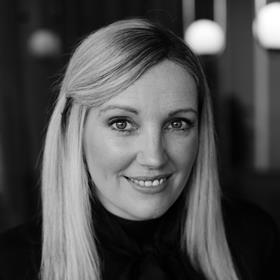
There has been a huge amount of speculation about the future of the office: that is why we commissioned respected pollsters Survation to carry out independent surveys with 2,000 UK office workers and 500 business leaders. We found that some companies are now allowing people to work from home every day (17% of employers in our survey), while others want everyone back into the office as soon as possible (28% of employers).
However, the biggest change indicated by our survey has been in the number of businesses embracing ‘hybrid’ working (53%), with the majority of these allowing for three days in the office and two days at home.
For the flexible workspace sector, if we can offer the right product at the right price, then the market share of flex within commercial real estate will increase dramatically
Another key finding was that the reason to be in an office has either changed or has just become clearer. When asked about the benefits of a return to office working, 80% of people said face-to-face interaction was the most important reason to return, with many noting it could help with training and career development. Productivity and creativity followed closely behind, at 74% and 73% respectively. Some 50% of those surveyed felt the office was still the best place to get work done quietly and privately.
Productive workspace
This requirement for flexible working means that what people choose to do with office space may change as the needs of the physical environment become more apparent. For example, our survey showed that employee wellbeing is a key consideration when creating productive workspace. For leaseholders and flex operators alike, this means designing the space to maximise natural light, installing proper soundproofing and offering quiet spaces to concentrate and get detailed work done.
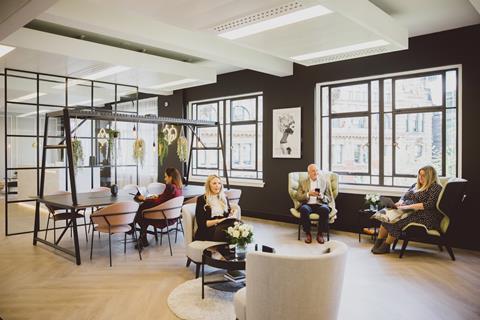
Most decision-makers (60%) said they want more flexibility in how much space they can take, where they are not burdened with fixed costs over a period of years. They now see it as a smart business decision to have the ability to flex the cost of their real estate as their business changes.
Flexible future
Corporates with surplus space are looking at all options. There are some who will pioneer a new model, where they lease all their surplus space and appoint a flex provider with facility management capabilities to monetise the space when they do not need it.
For Orega, there have always been two parts to flexibility: 1) the lease term and 2) how much space is taken. For the flexible workspace sector, if we can offer the right product at the right price, then the market share of flex within commercial real estate will increase dramatically.
Technology will also have a huge role to play in the future of the office. Platforms like Teams and Zoom are here to stay, and we will see a slight shift in how employers provide more appropriate spaces in the workplace where they can be used. Employees will still be able to collaborate, but they will need to have access to alternative quiet workspaces.
As we start the return to the office, there is not going to be one solution for everyone. The office is not dead. However, like all things it will need to adapt. The future is flexible.
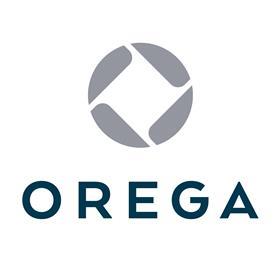
About Orega
• Established in 2001
• 500,000 sq ft of premium flex space
• 20 locations across the UK
• The UK’s No.1 operator of management agreements
• 8,500 workspaces
The end is in sight
- 1
- 2
- 3
- 4
- 5
 Currently reading
Currently readingFlexible working will drive the future of the office
- 6
- 7
- 8































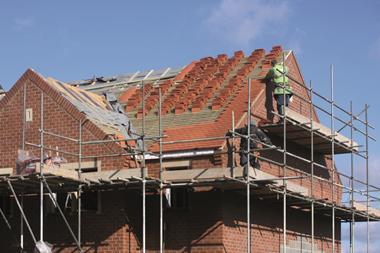

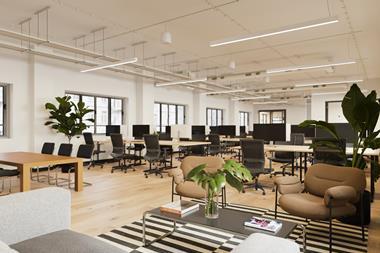
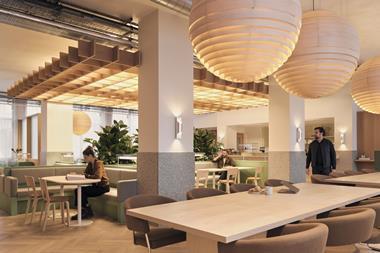
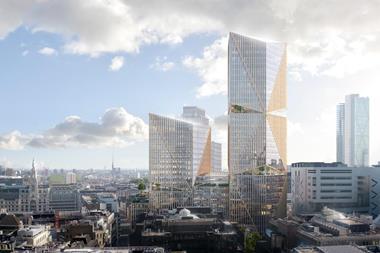
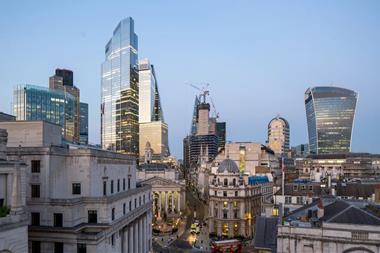
No comments yet